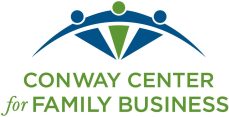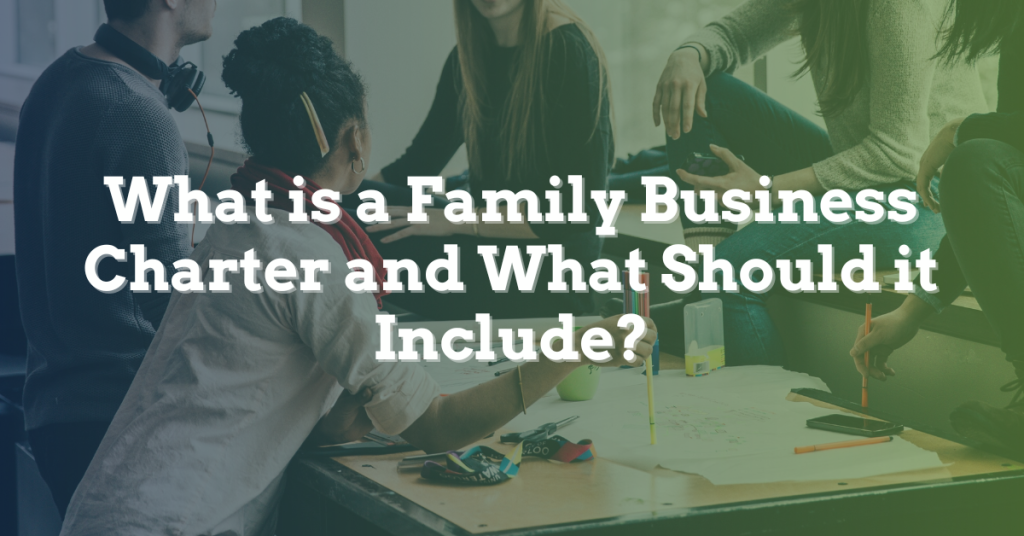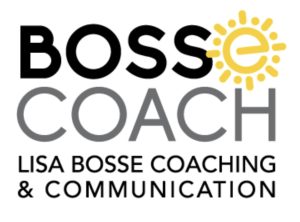Developing a family business charter helps individuals with differing points of view learn to work together in the spirit of collaboration toward a greater good -- the health of the family and the business.
Designed specifically for families in business together, a family business charter documents the shared understanding between the owner/founder and family members who have ownership interests, work in the business, and, sometimes, don’t belong to either group.
While they are not legally binding, family business charters clarify how important and sensitive issues will be handled, allowing difficult decisions around ownership and governance to be made without the influence of complicating emotions or personalities. Family values and the company’s mission are documented, paving a long-term vision for the legacy the family business will have within the community and beyond.
By developing a charter, families address a critical, underlying issue: are we a family-first business, meaning that we make decisions with the family as the first consideration? Or are we a business-first business, meaning that our decisions prioritize the business, ensuring it can continue to provide for the family?
Often, family businesses land somewhere in the middle of the family-first/business-first debate. For example, they may choose to provide critical employment opportunities to family members, despite the fact that there are more qualified candidates interested in those opportunities. They accept that the business may not grow as far, or as fast, given their decision, but put high value on having family members in key roles.
Decisions like this should be tempered by discussions, like how far is too far when prioritizing family? These choices are then documented in a series of policies, which the family can turn to whenever emotions run high because people want different things.
That said, a binder filled with policies is not the goal. The goal is growing the family’s skill at having tough conversations, and learning to come to agreement, together.
What Should We Include in a Family Business Charter?
Mission, Vision, Values: Define the family’s mission, vision, and values in the business context.
-
Family Decision Making: Outline how the family makes decisions collectively, and how conflicts will be resolved.
-
Outside Boards: Establish if you want an outside board, and their governance.
-
Family Council: Decide on the creation and governance of a Family Council.
-
Compensation and Evaluations: Set policies for compensation and performance evaluations for family and non-family employees.
-
Employment: Define the conditions for family members working in the business.
-
Management Succession: Identify eligibility and decision-making for senior leadership roles.
-
Code of Conduct: Establish guidelines for internal and public family conduct.
-
Share Ownership: Define who can own shares and under what circumstances.
-
Stock Transfer: Set rules for the transfer of shares.
-
Conflict of Interest: Determine policies on family members doing business with the family business.
-
Philanthropy: Outline principles and guidelines for charitable giving.
-
Retirement: Consider exit and retirement policies.
-
Marriage Agreements: Develop guidelines to preserve business ownership.
-
Profit Distribution: Set guidelines for dividends and profit distributions.
-
Public Image: Decide how to manage the family and business’s public image.
-
Family Name Usage: Define the use of the family name publicly.
-
Family Loans: Establish conditions for loans to family members or others.
-
Historical Preservation: Create guidelines for preserving the family and business history.
-
Wealth Management: Define the role of Family Offices in managing family wealth and services.
-
Resource Usage: Set rules for family use of business resources.
Having a skilled facilitator to walk the family through these challenging discussions is super valuable and in the end, saves a lot of time. Reach out for help any time.
Thank you to our friend Lisa Bosse from Boss Coach for providing this valuable information.
If you are interested in being featured on our Family Business Insights or have any questions please contact lflint@familybusinesscenter.com


